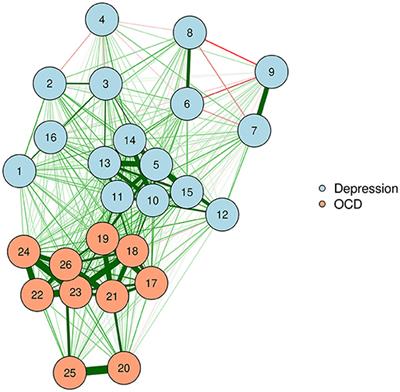The Psychology of Networks: Exploring the Human Side of Connections

द साइकोलॉजी ऑफ़ नेटवर्क्स: एक्सप्लोरिंग द ह्यूमन साइड ऑफ़ कनेक्शन्स
जब हम नेटवर्क के बारे में बात करते हैं, तो हम अक्सर कनेक्शन के तकनीकी पहलुओं पर ध्यान केंद्रित करते हैं। लेकिन हर नेटवर्क के केंद्र में लोग होते हैं - अपनी प्रेरणाओं, पूर्वाग्रहों और व्यवहार वाले व्यक्ति।
सामाजिक प्रमाण की शक्ति
मानव व्यवहार का एक प्रमुख पहलू जो नेटवर्क को प्रभावित करता है, वह है सामाजिक प्रमाण की शक्ति। यह लोगों की दूसरों के कार्यों के अनुरूप होने की प्रवृत्ति है, खासकर जब वे इस बारे में अनिश्चित हों कि क्या करना है। नेटवर्क में, इससे प्रभाव का झरना बन सकता है, जहां एक व्यक्ति का व्यवहार समान व्यवहार की श्रृंखला प्रतिक्रिया को ट्रिगर करता है।
विश्वास का महत्व
नेटवर्क का एक अन्य महत्वपूर्ण तत्व विश्वास है। नेटवर्क के प्रभावी ढंग से कार्य करने के लिए, व्यक्तियों को संसाधनों, सूचनाओं और कनेक्शनों को साझा करने के लिए पर्याप्त रूप से एक दूसरे पर भरोसा करना चाहिए। विश्वास साझा अनुभवों, सामाजिक मानदंडों और प्रतिष्ठा प्रबंधन के माध्यम से बनाया जा सकता है।
भावनाओं की भूमिका
अंत में, नेटवर्क कैसे काम करते हैं, इसमें भावनाएं महत्वपूर्ण भूमिका निभाती हैं। खुशी, आभार और उत्साह जैसी सकारात्मक भावनाएं कनेक्शन को मजबूत कर सकती हैं और अधिक मजबूत नेटवर्क की ओर ले जा सकती हैं। क्रोध, भय और चिंता जैसी नकारात्मक भावनाएं संबंधों को कमजोर कर सकती हैं और विभाजन पैदा कर सकती हैं।
नेटवर्क के मनोविज्ञान को समझकर, हम मजबूत, अधिक लचीले कनेक्शन बना सकते हैं और अपने सामाजिक नेटवर्क का अधिकतम लाभ उठा सकते हैं।
The Psychology of Networks: Exploring the Human Side of Connections
When we talk about networks, we often focus on the technical aspects of connections. But at the heart of every network are people - individuals with their own motivations, biases, and behaviors.
The Power of Social Proof
One key aspect of human behavior that impacts networks is the power of social proof. This is the tendency for people to conform to the actions of others, particularly when they are uncertain about what to do. In networks, this can lead to cascades of influence, where one person's behavior triggers a chain reaction of similar behavior.
The Importance of Trust
Another critical element of networks is trust. For networks to function effectively, individuals must trust each other enough to share resources, information, and connections. Trust can be built through shared experiences, social norms, and reputation management.
The Role of Emotions
Finally, emotions play a significant role in how networks operate. Positive emotions like happiness, gratitude, and excitement can strengthen connections and lead to more robust networks. Negative emotions like anger, fear, and anxiety can weaken connections and create divisions.
By understanding the psychology of networks, we can build stronger, more resilient connections and make the most of our social networks.